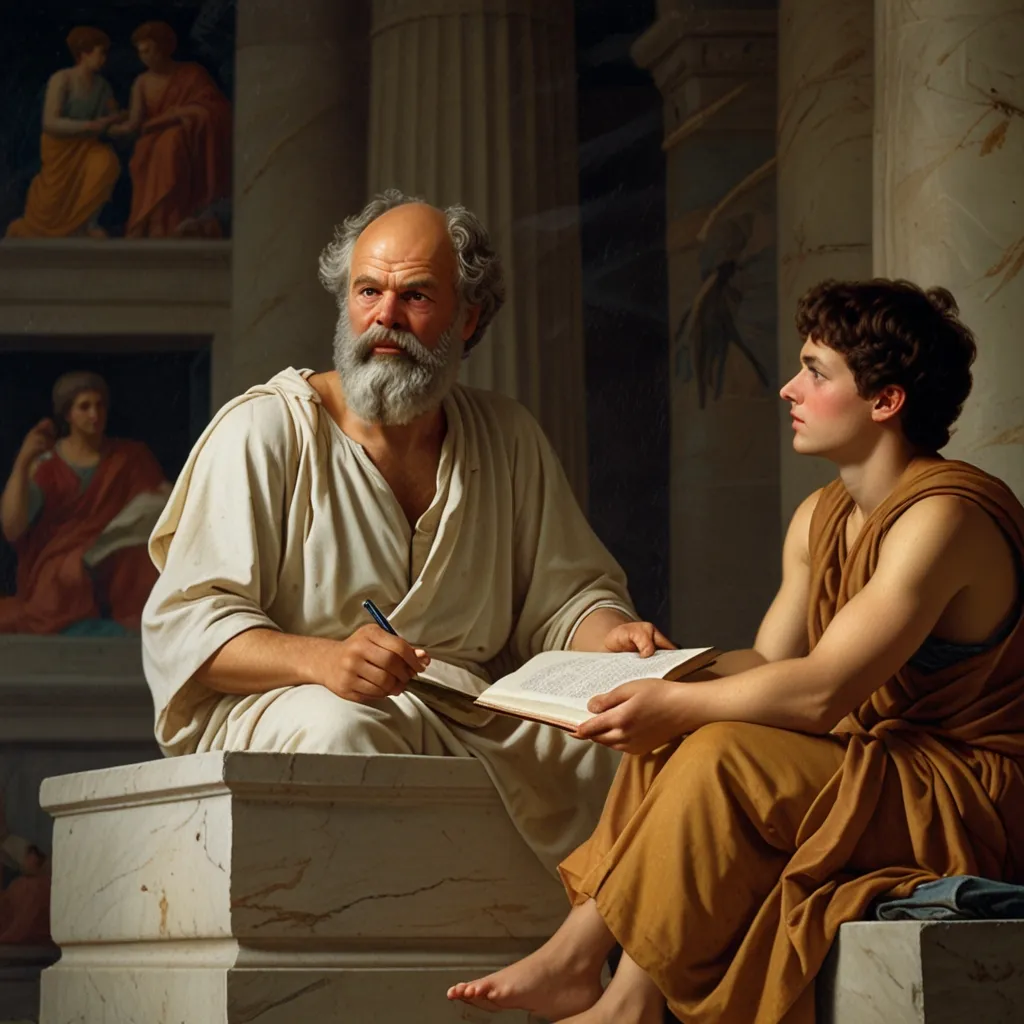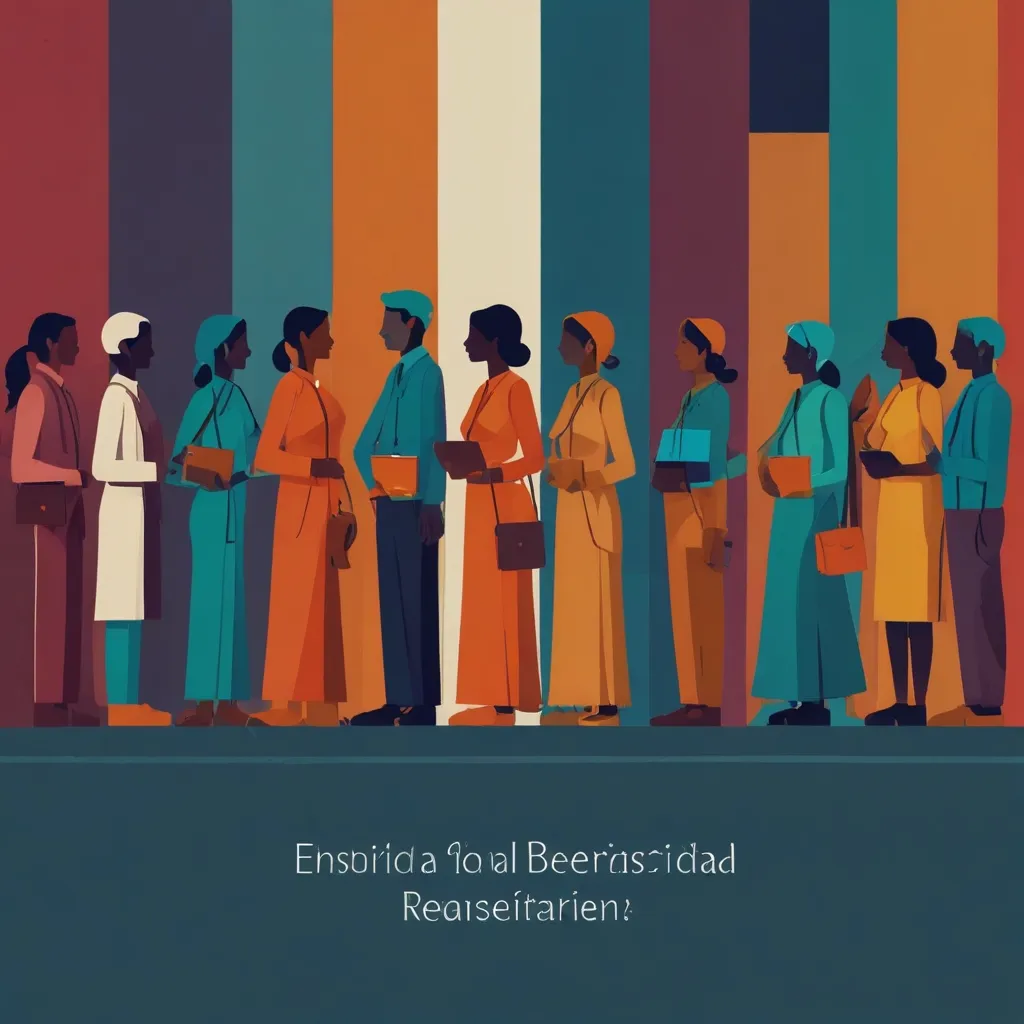Socrates, one of the most influential figures in Western philosophy, hailed from Athens, Greece. Born around 470 BC, he lived a life that would shape the intellectual landscape of the world. Despite his profound impact, Socrates never wrote down his thoughts or teachings. Instead, he relied on conversations and dialogues to convey his ideas.
Socrates’ method of questioning, known as the Socratic method, remains a cornerstone of philosophical inquiry. He would engage his interlocutors in discussions, probing their beliefs and assumptions to uncover deeper truths. This approach not only challenged the status quo but also encouraged critical thinking and self-examination.
The primary sources of information about Socrates come from his students, particularly Plato and Xenophon. Plato, who outlived Socrates by decades, wrote extensively about his mentor in the form of dialogues. These dialogues feature Socrates as the main character, engaging in conversations that explore various philosophical themes. Xenophon, another student, also wrote about Socrates, though his accounts differ from Plato’s in tone and content.
Plato’s portrayal of Socrates is complex and multifaceted. In his earlier works, Plato aimed to capture the historical Socrates accurately. However, as his writings progressed, Plato began to incorporate his own philosophical views into Socrates’ dialogues. This blending of perspectives has led scholars to distinguish between the “Socratic” Socrates of Plato’s early works and the “Platonic” Socrates of his later writings.
Xenophon’s depiction of Socrates is more straightforward. He admired Socrates for his intelligence, patriotism, and courage. Xenophon’s works, such as “Memorabilia” and “Symposium,” provide a different perspective on Socrates’ life and teachings. While Xenophon’s Socrates is less humorous and less ironic than Plato’s, his accounts offer valuable insights into Socrates’ practical wisdom and everyday life.
Aristophanes, a contemporary of Socrates, also wrote about him in his comedic plays. In “The Clouds,” Aristophanes uses Socrates as a character to mock the intellectual trends of the time. However, this portrayal is not considered reliable by scholars, as it was intended for comedic effect rather than historical accuracy.
Socrates’ trial and execution are well-documented events. At the age of 70, he was put to death by the state on charges of impiety and corrupting the youth. This trial, as described by Plato and Xenophon, highlights the political and social tensions of the time. Socrates’ defense, as recorded in Plato’s “Apology,” remains a powerful testament to his commitment to his beliefs and his method of questioning.
Despite the challenges in reconstructing Socrates’ true thoughts due to the varying accounts, his legacy is undeniable. He inspired a generation of philosophers, including Plato and Aristotle, who went on to shape Western philosophy. Socrates’ emphasis on self-examination and critical thinking continues to influence contemporary thought.
In summary, Socrates was a Greek philosopher from Athens who is credited with founding Western philosophy. Through his method of questioning and dialogue, he encouraged critical thinking and self-examination. While his teachings are known primarily through the accounts of his students Plato and Xenophon, his impact on philosophy and intellectual history is profound and lasting.






